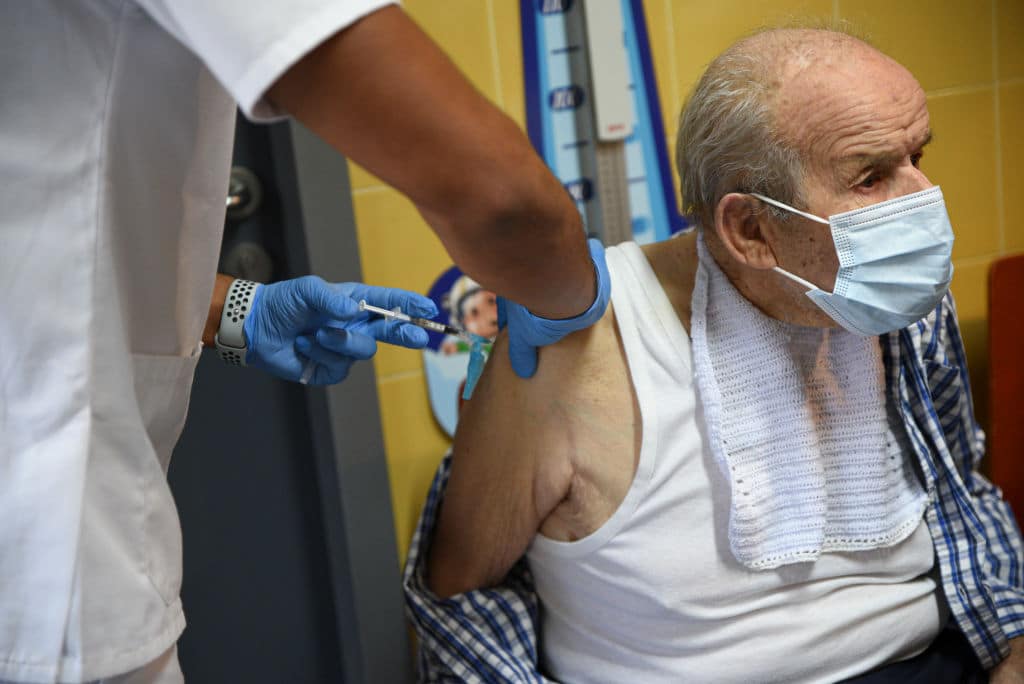TOPLINE
Getting vaccinated after a coronavirus infection could slash the risk of developing long Covid, according to a new study published Wednesday in the British Medical Journal, a possible glimmer of hope for developing future treatments for the millions of people still suffering symptoms months or even years after contracting the virus.
KEY FACTS
People who were vaccinated after being infected with Covid were less likely to report lingering symptoms weeks and months after infection, according to data from the U.K.’s Office of National Statistics.
The odds of reporting long Covid dropped by 13% after the first vaccine dose, according to the peer reviewed study, which examined data from more than 28,000 adults vaccinated after infection.
The odds dropped a further 9% after the second dose, the researchers found, and this improvement lasted for at least the nine week period when the researchers followed up with patients.
The researchers found no differences in risk across various demographic groups, the type of vaccine used, time from Covid infection to getting vaccinated or other health factors, which they said bolster the findings.
As the study was observational, it does not prove the vaccines were directly responsible for the reduced risk of long Covid, the researchers said, though it does suggest vaccination could be useful in reducing the burden of the poorly understood condition.
The researchers called for more research exploring the relationship between vaccination and long Covid on a longer time scale, particularly the risk after infection with the omicron variant, and the effect of booster doses.
WHAT WE DON’T KNOW
What causes long Covid. It’s not well understood why some people experience Covid symptoms for weeks, months or even years after infection, which can affect almost any part of the body. In a linked editorial, researchers said scientists are exploring various possible explanations, including problems with the immune system and parts of the virus remaining in the body.
KEY BACKGROUND
Long Covid is a broad, catch-all term to cover the wide array of symptoms some people report after having Covid-19. Symptoms can affect nearly any organ system in the body, including the kidneys, heart, lungs and brain, and commonly include fatigue, muscle ache, brain fog and respiratory problems. Its emergence was something of a surprise for most experts in the early stages of the pandemic and doctors are still picking apart the nature of the condition and its causes. Vaccines are known to slash the risk of developing long Covid, as well as catching Covid in the first place, when given before infection but their ability to mitigate risk or ease symptoms afterwards is less clear. There are no treatments available for long Covid, and better understanding of the mechanisms involved—both what causes long Covid and why vaccines appear to reduce the risk of developing it—will be helpful in signposting directions towards future treatments.
BIG NUMBER
24 million. That’s how many Americans could be suffering from long Covid. Experts estimate between 10% and 30% of patients will experience long Covid after recovering from infection. As more than 80 million Covid-19 cases have been documented in the U.S. so far, this means between 8 and 24 million people could be suffering or have suffered from the condition.
FURTHER READING
Here Is What One Million Covid Deaths In The U.S. Looks Like (Forbes)
By Robert Hart, Forbes Staff
